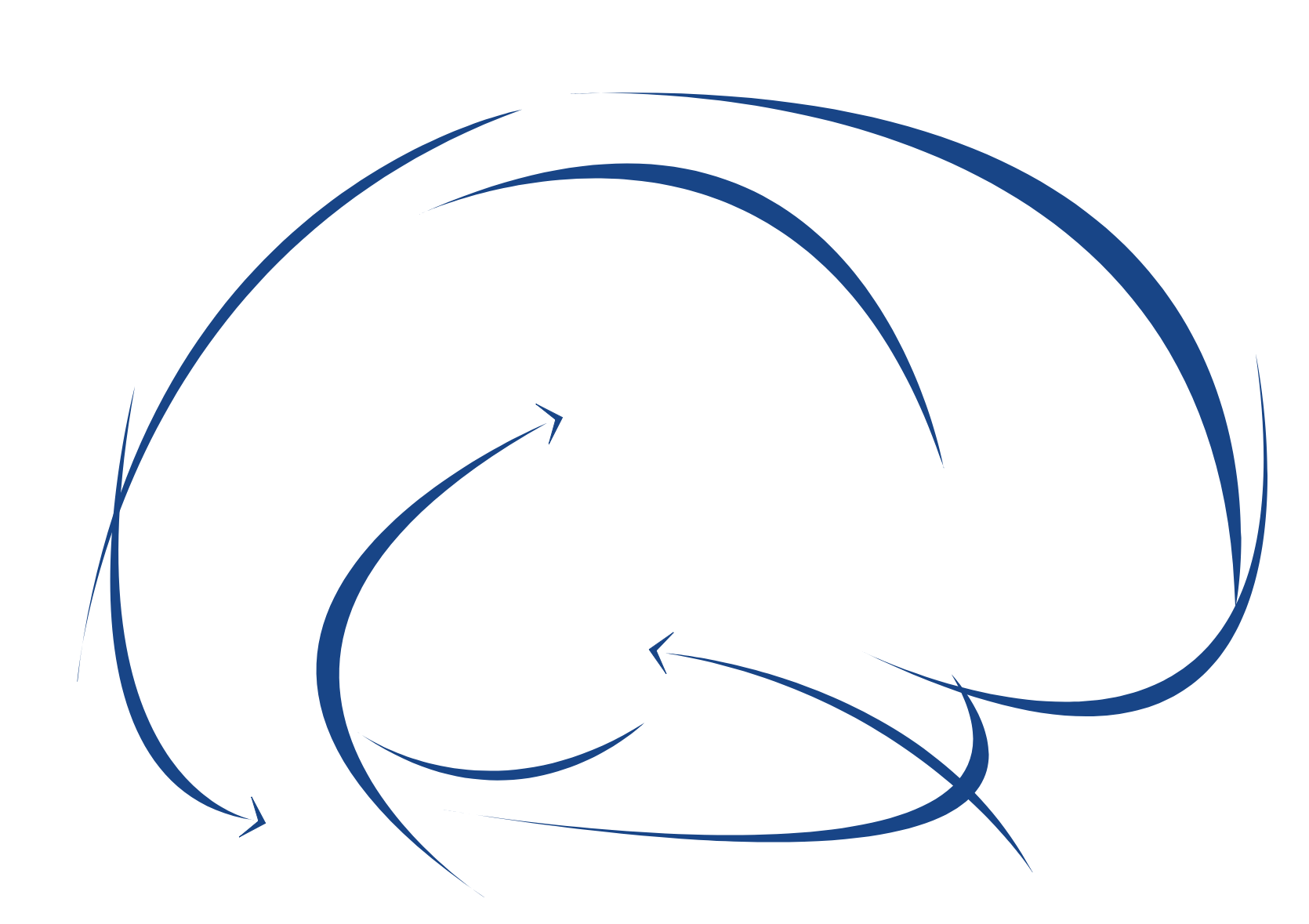1) Title and abstract for Dr. Nicolelis Seminar
Brain-Machine Interfaces: From Basic Research to Clinical Applications.
Dr. Miguel Nicolelis has dedicated his career to investigating how the brains of animals in free behavior encode sensory and motor information. He proposed and demonstrated that animals and humans can use the electrical activities of their brains to control neuroprosthetic apparatus through brain-machine interfaces (BMIs). Over 25 years, Dr. Nicolelis created and perfected a new neurophysiological method known as chronic multisite, multielectrode recording. Using this approach in a variety of animal species, as well as intraoperative procedures in human patients, Dr. Nicolelis has created a new field of investigation, which aims to measure the simultaneous activity and interactions of large populations of neurons throughout the brain. During his trajectory, Dr. Nicolelis discovered several physiological principles that govern the functioning of mammalian brain circuits. The pioneering studies by Dr. Nicolelis are widely recognized for offering potential new therapies to patients suffering from neurological disorders such as severe paralysis, Parkinson's disease, and epilepsy. Numerous neuroscience laboratories in the United States and in Europe, Asia, and Latin America have incorporated the experimental paradigms created by Dr. Nicolelis to study a variety of mammalian neural systems, and his research has influenced basic and applied research in computer science, robotics, and biomedical engineering.
In this conversation, Dr. Nicolelis will talk about his findings and the fascinating perspectives of using brain-machine interfaces in restoring movement and neurorehabilitation of people with neurological disorders.
2) Articles on the topic for the students
Brain-Machine Interfaces: From Basic Science to Neuroprostheses and Neurorehabilitation. Lebedev MA, Nicolelis MA.Physiol Rev. 2017 Apr;97(2):767-837. doi: 10.1152/physrev.00027.2016.
https://journals.physiology.org/doi/full/10.1152/physrev.00027.2016
Long-Term Training with a Brain-Machine Interface-Based Gait Protocol Induces Partial Neurological Recovery in Paraplegic Patients. Donati AR, Shokur S, Morya E, Campos DS, Moioli RC, Gitti CM, Augusto PB, Tripodi S, Pires CG, Pereira GA, Brasil FL, Gallo S, Lin AA, Takigami AK, Aratanha MA, Joshi S, Bleuler H, Cheng G, Rudolph A, Nicolelis MA.Sci Rep. 2016 Aug 11;6:30383. doi: 10.1038/srep30383.
https://www.nature.com/articles/srep30383
3) A short biography
Miguel Nicolelis is a physician and neuroscientist. He graduated from medical school at the University of São Paulo (Brazil), did a Ph.D. in General Physiology also at USP, and a postdoc in Physiology and Biophysics at Hahnemann University (USA). In July 2021, he received the title of Professor Emeritus at Duke University, after having been a Full Professor in the Department of Neurobiology and taught at this university from 1994 to 2021 in the departments of Neurobiology, Psychology and Neurosciences, Biomedical Engineering, Neurology, and at the School of Medicine. In addition to his teaching contribution, he founded and directed the Duke University Center for Neuroengineering for 20 years.
Dr. Nicolelis is a pioneer in the field of brain-machine interface (BMI), which allows the interaction between brain and computer. He leads studies on the neurophysiological principles of neural circuits in mammals, the development of different types of BMIs, and their application in restoring the movement in people affected by paralysis and Parkinson's disease. He has published over 220 scientific articles in multiple high-impact scientific journals, such as Nature and Science.
Dr. Nicolelis is a member of the French and Brazilian Academies of Science. Among the international awards he received, the “Director's Pioneer Award” and the “Director's Transformative R01 Award”, granted by the National Institutes of Health (USA), the “IEEE Daniel E. Noble Award for Emerging Technologies” granted by the Institute of Electrical and Electronics Engineers (USA); and the “Claude Shannon Luminary Award”, granted by Nokia Bell Labs (USA).
In addition to academic and scientific contributions, Dr. Nicolelis implemented social-scientific projects in socially vulnerable regions of Brazil, creating the Edmond and Lily Safra International Institute of Neurosciences (IIN-ELS), three schools of science for children, and a maternal-child health and research center. Also in Brazil, he founded and directed the Walk Again Project, which developed the first brain-controlled lower limb exoskeleton, a neurorehabilitation protocol, and a brain-controlled functional electrical stimulation system, all aimed at people affected by spinal cord injury at the paraplegia level.
During the Covid-19 pandemic, he actively advocated for the adoption of measures to reduce the spread of the coronavirus and acted to combat misinformation. In 2020, he coordinated the Scientific Coronavirus Combat Committee of the Northeast Consortium, assiting Northeast states' governors in the creation of public policies to combat the pandemic in Brazil.
He is the author of the books: “Beyond Boundaries: the New Neuroscience of Connecting Brains with Machines – and How it Will Change our Lives”; “Made in Macaíba”; “The Relativistic Brain – How it Works and Why it Cannot be Simulated by a Turing Machine”; and "The True Creator of Everything - How the Human Brain Shaped the Universe as we Know it".
